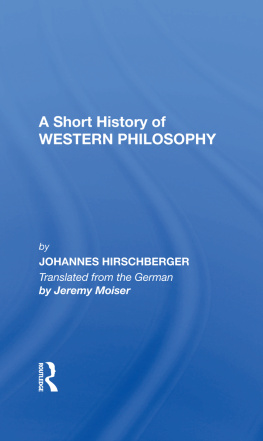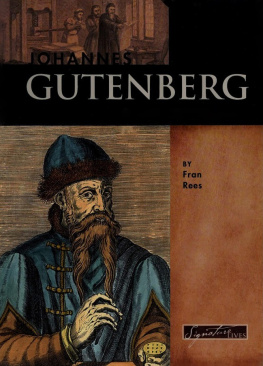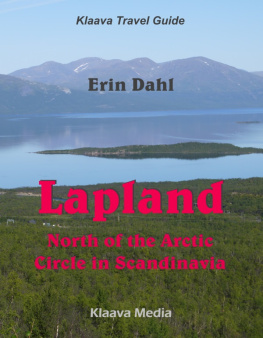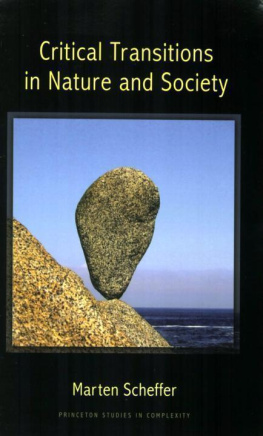THE
HISTORY
OF
LAPLAND
WHEREIN
Are shewed the Original, Manners, Habits, Marriages,
Conjurations, &c. of that People.
WRITTEN
ByJOHN SCHEFFER, Professor of Law and Rhetoric
at Upsal in Sweden.
At the THEATER in OXFORD.
M. DC. LXXIV.
THE
PREFACE.
The Reader may please to take notice, that the diligent and learned Author of this History, (to the writing of which he was commanded, and therein assisted by the Chancellor of Sweden) hath in the whole work taken care to justify what he relates, from the faith of authentic records, the testimony of Historians, and the Discourses of Laplanders themselves, with whom he had ready opportunities of converse. And this he hath don so precisely, that having in the contexture of his work, given a full account of what he thought observable in the writings, or narratives to which he refers, he afterwards constantly puts down at length the very words of his Authors, a great part of which are in the Swedish Tongue. Now in this Edition we have spared our selves the labor of such repetition; which we hope will not be regretted by the Reader, who we suppose would not have bin much edified by them. As to the subject here discoursd of, twill not be needfull to give a character of it. Military Action, and those public murders in which other Histories triumph, have no share here. Hunger, cold and solitude are enemies that engage all the fortitude of this People: and where so much passive valor is necessary, we may dispense with the want of Active. Amidst the barbarity and darkness which reign in Lapland, there appear strictures of light, which will entertain the eie of the most knowing observer; as the Stars are no less remarkable then is the Sun it self. However the Reader will not fail to meet here with what may gratify his curiosity. Warmer Climates having all the comforts and necessaries of life plentifully bestowed upon them, are but a more distant home; where we have little else talkd of, then what we daily see among oar selves: but here it is indeed, where, rather then in America, we have a new World discovered: and those extravagant falsehoods, which have commonly past in the narratives of these Northern Countries, are not so inexcusable for their being lies, as that they were told without temtation; the real truth being equally entertaining, and incredible.
THE HISTORY
OF
LAPLAND
CHAP. I.
Of the Name of Lapland.
This Country doth not every where pass by the same name. By some tis called Lappia, as Johann. Magnus in the Preface of his history, and Saxo Grammat. in his 5th book; by others Lapponia, as Olaus Magnus in the explication of his Map of Scandinavia, and Ziegler in his description of the Northern Countries, and before these Ericus Versaliensis, and after them Andr. Burus. The Swedes usually call the Country Lapmarkia, in whose language Mark signifies Land; the Danes and Norwegians, Laplandia, and also Findmarkia, as appears from Petr. Claudus description of Norway: for no one can gather any thing else but an account of this Country, from his whole 38th Chapt. which himself too seems to intimate, when he promises more about Findmarkia in his description of Lapland. Of its being calld Findmark, I shall speak in another place; Now we will see why tis calld Lapponia and Lappia, the Etymology of which words is not yet agreed upon by the Learned. Ziegler thinks they were named so by the Germans, from the dulness and stupidity of the people, which the word Lappi signifies amongst them; but this seems improbable, since this Country is but of late known to the Germans, and none of their antient Writers make any mention of Lappia. Moreover, the Finlanders, Swedes and Russians, who differ much in their language from one another, as well as from the Germans, call it all by the same name; and the Germans, who are so remote from Lapland, could not transmit this name to these more Northern Countries, especially when they had little or no commerce with them. Neither are the people so very dull and stupid; as Ziegler himself afterwards acknowledges, when he confesses they are good at the needle, and make delicate embroidered clothes. Neither can I assent to Wexioniuss opinion, that the Swedes gave them this name from their wearing of Skins; for Lapper and Skinlapper do not signify skins, but the same as the Greeks (in English Rags) from whence Ol. Petr. Nieuren, who writ of Lapland in Gustavus Adolphuss time, derives their name from their coming into Swedland every year with rags lapt about them, which is the signification of Lapp in that language. But they do not deserve that name, meerly for this reason, any more than the Finlanders and others, for they are generally clothd in good woollen garments, as we shall shew hereafter. Grotius thinks they are calld Lapps from running or leaping, but Lpa, which in the Swedish language signifies to run, is writ with a single P, and the name of this Country with a double one; and these People naturally are no great runners, tho by an art they have of sliding over the frozen snow, they are very swift in their motions. Some think that the Inhabitants do not denominate the Country, but the Country the Inhabitants, as in the name of Norwegians and others, which seems to be strengthned by this, because Ol. Magnus calls them Lappomanni, after the manner of Nordmanni, Westmanni, and Sudermanni, in which words Manni signifying Men, they were calld Lappomanni, i. e. Men of Lappia. imposition, with whom to Lapp signifies to run away: whence the compellation seeming something scandalous, no person of quality to this day will endure to be calld by it, tho from the Finlanders others Nations, as the Germans, Swedes and Moscovites, have learnt to call them so. But they of Lappia Umensis stile themselves Sabmienladti, and those of Lappia Tornensis, Sameednan, from the word Sabmi or Same; the signification of which, and whence they had it, we shall see hereafter.
At what time this Country and its inhabitants were first distinguisht by these names Lappia and Lappi, tis hard to prove: tis certain twas but of late, for the words are not found in any antient writer, neither in Tacitus, who mentions their neighbours and forefathers the Finlanders, nor in Ptolomy, Solinus, Anton. Augustus, Rutilius, or others, neither in Authors nearer home (not to name Jornandes, Paul Warnefrid, &c.) nor in those who have writ the actions of












